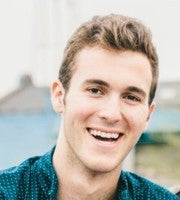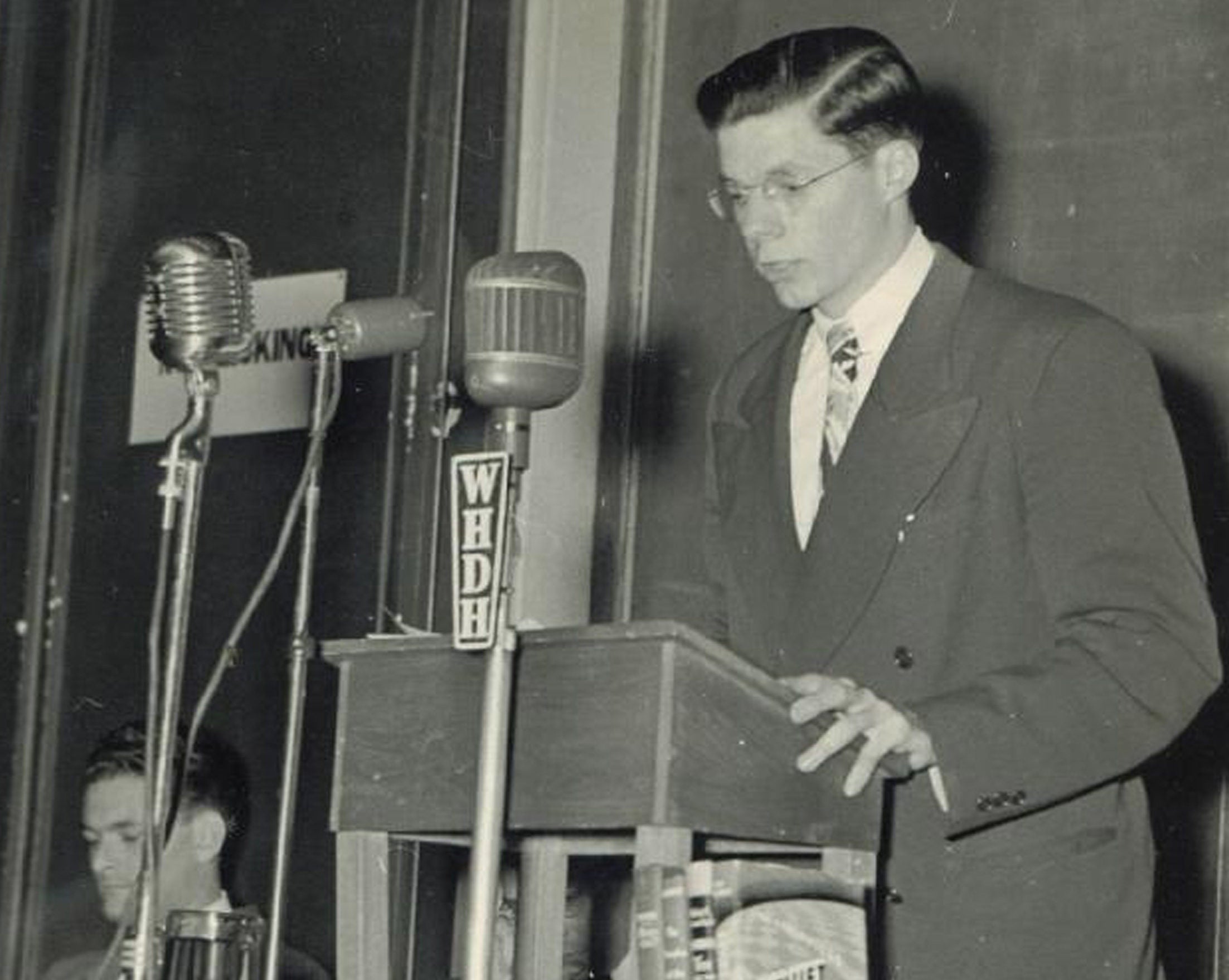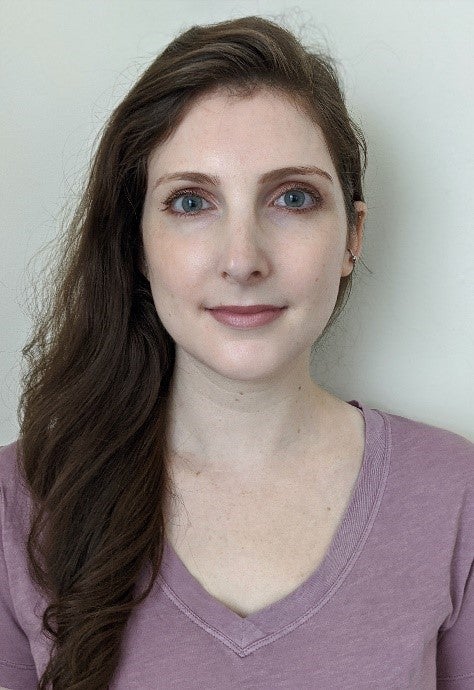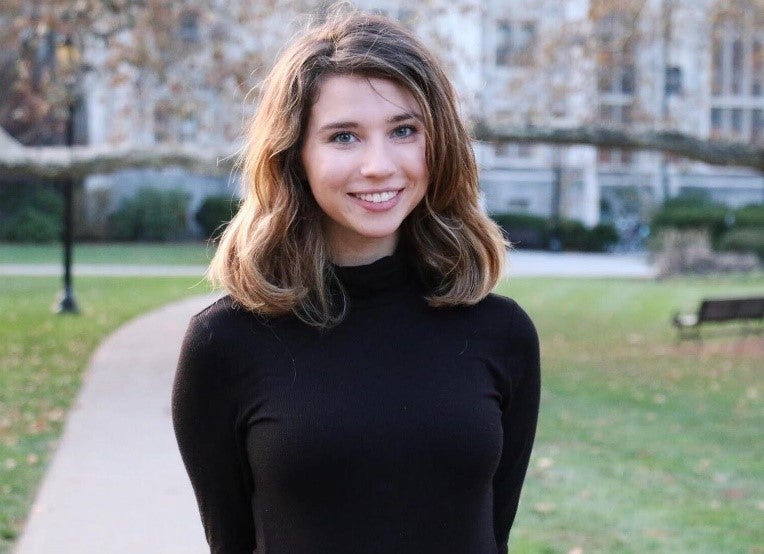This winter, over thirty students immersed themselves in a variety of domestic and international organizations as a part of the Office of Clinical & Pro Bono Programs’ independent clinical program. Students gain experience in a wide variety of crucial lawyering skills, from direct representation to policy-related research and writing, while working under the supervision of attorneys from their organizations and with support from a faculty sponsor. In January, these students worked everywhere from Chile to the Hague, on issue areas including prisoner rights, surveillance technology oversight, immigrant protections, and more. In their weekly reflections, students offered a glimpse into the goings on at their placements.
Week 1
During their first week, students have the opportunity to learn about the culture and work of their organizations, get to know their coworkers, and begin their intended projects. Already, critical learning experiences occur and students offer fruitful reflections.
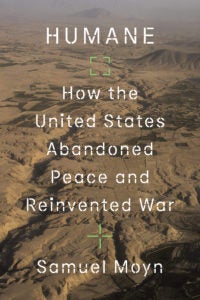
“For this first week, the other interns and I worked together on compiling qualitative accounts supporting a quantitative data analysis for a case one of our supervisors has been working on for several years. This project was interesting to me, as the case is based in St. Louis, MO—my hometown. After growing up and attending college in St. Louis, I have become well-aware of the segregation and discrepancy of resources and crime in the county, but this project painted this story with narrative details. Many cases I read seemed clearly preventable through high quality education, mental health services, and increased job opportunities. On the other hand, I spoke a bit with the other interns how particularly gruesome murders have challenged some of the conceptions of police and prison abolition I have developed over the past few years. I am interested to continue to develop my thinking on abolition throughout my time at the CHU, and hopefully discuss such ideas with attorneys at the CHU.” – Annalise Wagner, 2L, Capital Habeas Unit of the Federal Community Defender Office for the Eastern District of Pennsylvania, Philadelphia, PA
“The week started off with DC’s wild snowstorm, which had me ironically walking uphill both ways in the snow to pick up my devices, complete the necessary day 1 training, and begin working on my first project. This first week has opened my eyes into how much more of a “personal” process work in the Senate is as compared to the House. Because of both the filibuster and simply the smaller nature of the chamber, the push for bipartisanship has been a central theme in my work. It has also been interesting to see how the Senate’s procedures and rules, of which the filibuster is only one, impact the speed at which anything can get done (nominations, bill movement, etc.). I feel that I now have a better understanding of the push for rule modernization.
As a personal matter, it has also been incredibly enjoyable for me, as a Congress nerd, to be able to wander around the Capitol complex and Senate buildings, running into all the senators and congressional correspondents that I follow on Twitter.” – Zachary Goldstein, 2L, Office of Senator Jon Ossoff, Washington D.C.
Week 2
In a semester as condensed as the winter term, students must dive headfirst into the legal areas of their placements. Supportive relationships with supervisors and skills from classroom and clinical experiences at HLS helps students to fully involve themselves in the work.
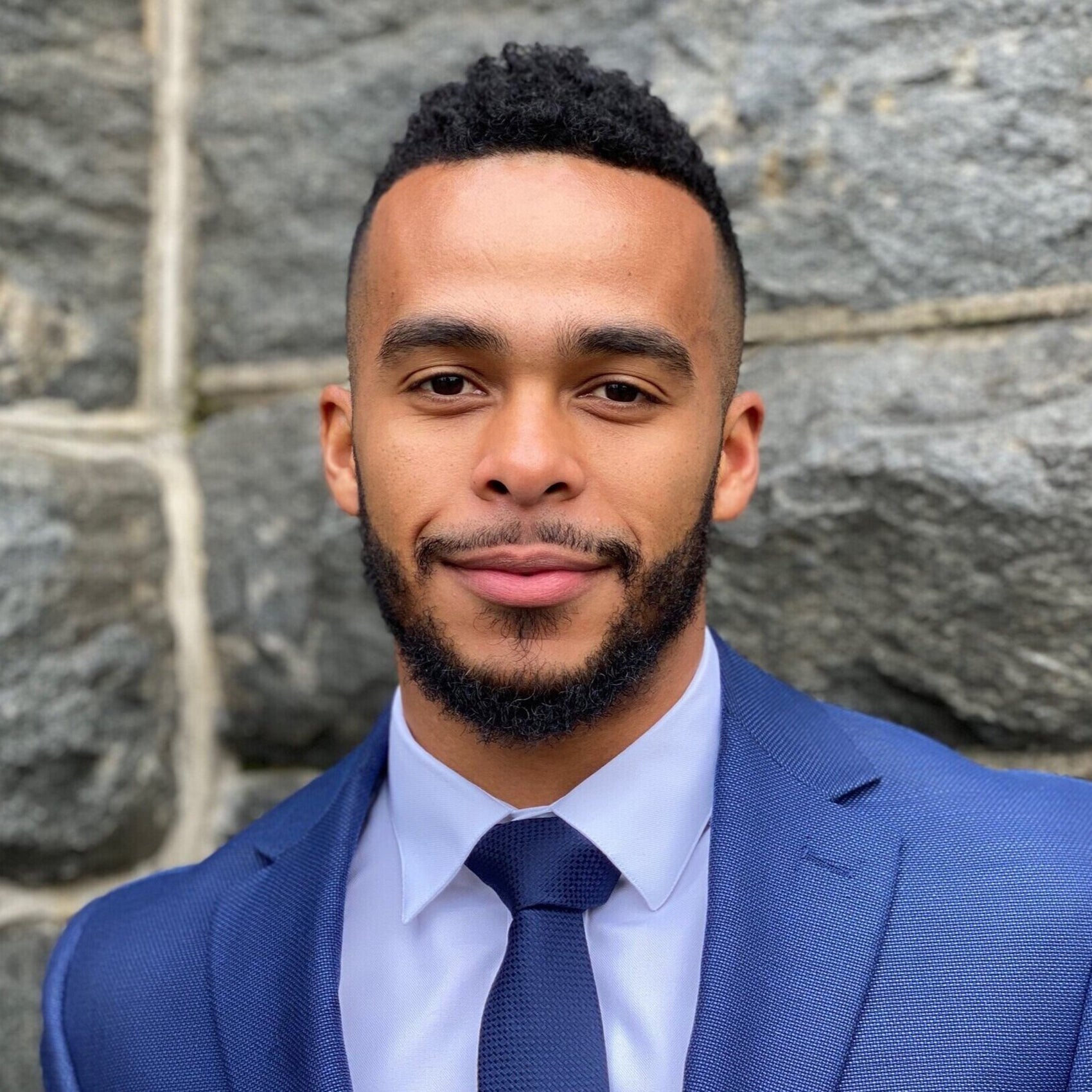
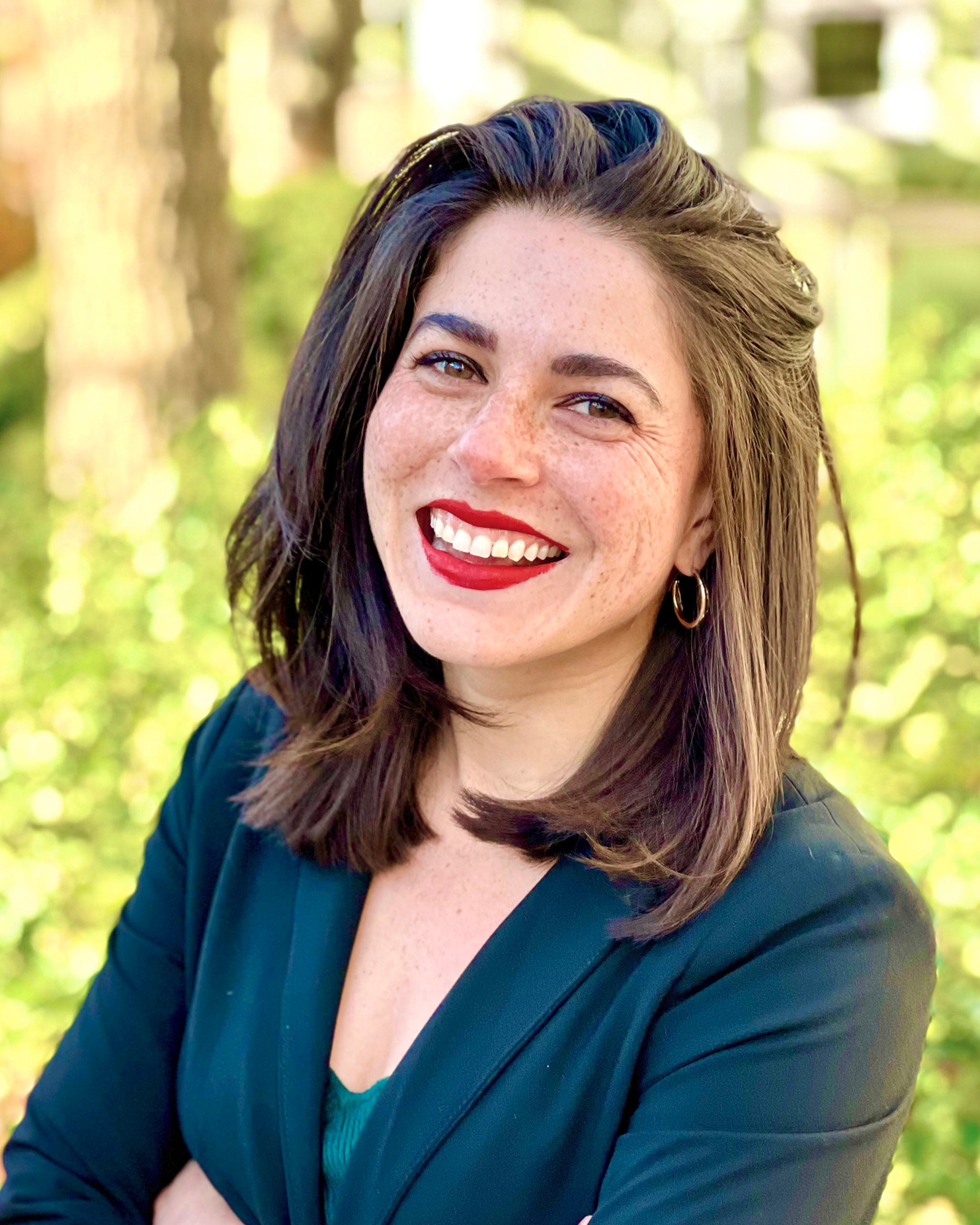
“Even though it’s only been two weeks, I love how involved I feel. My supervisor invites me to every meeting that’s related to the issues I’ve been working on. I’ve gotten to speak—and I am expected to speak—during meetings instead of just listening in. I am genuinely so grateful for all the effort the Office has put in to making me feel involved and giving me meaningful work. This is already one of the best internships I’ve ever done.” – Arabi Hassan, 2L, LA Councilmember Nithya Raman’s Office, Los Angeles, CA
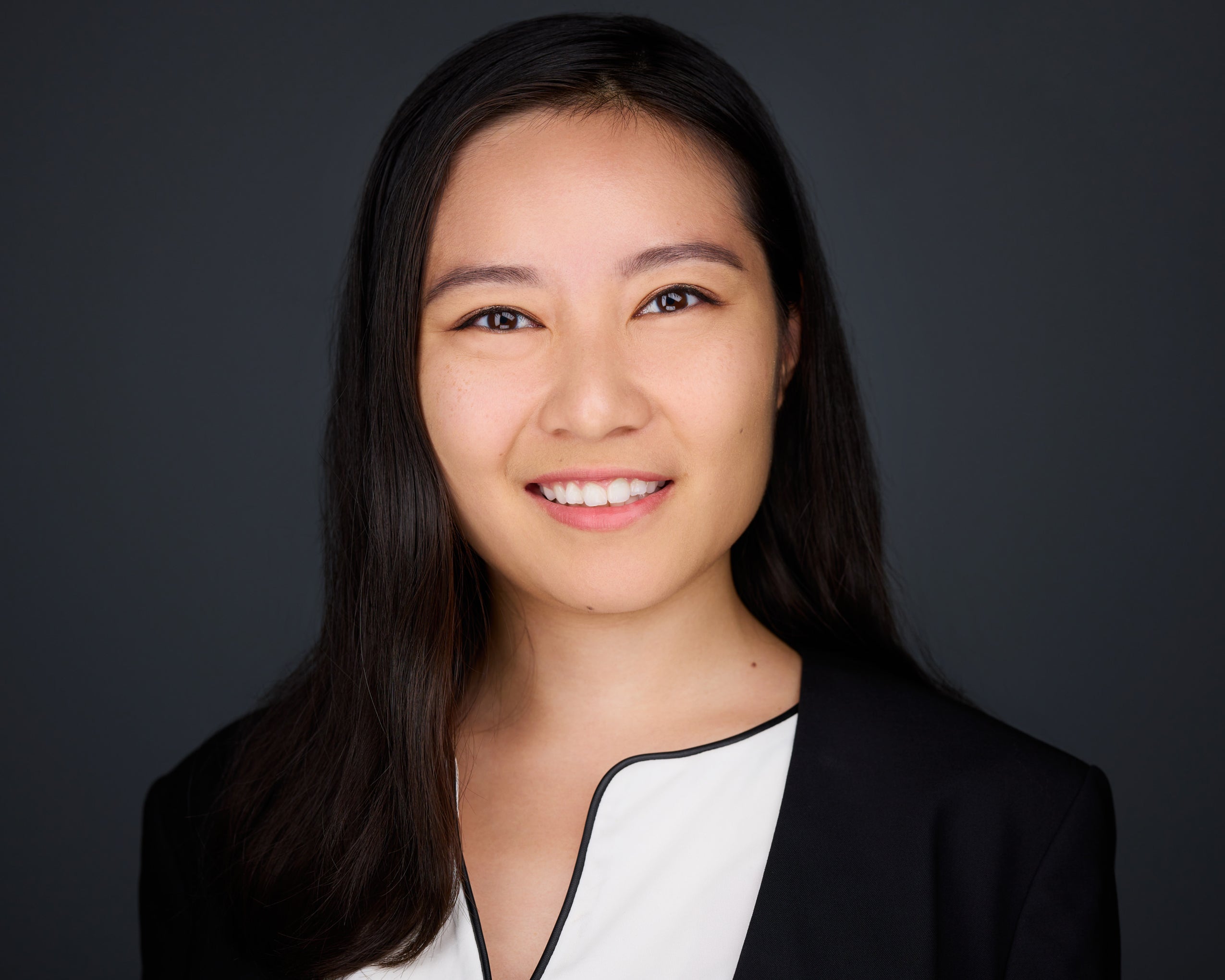
“I have enjoyed refining the terms of my project with my supervisors, and recognize that as small organizations, Article 36 and the Campaign often need to shift resources to meet current demand. As key portions of my original project proposal were addressed during a conference in December, I needed to shift my focus to respond to the organization’s more pressing needs. In some ways, I believe this shift is emblematic of work in smaller non-profit organizations, where attorneys need to constantly be ready to fill in resource gaps and address emergent situations. As I hope to work in the non-profit space following graduation, I have found this experience so far to be valuable in preparing me for the dynamic and consistently evolving landscape that may characterize smaller organizations.” – Christie Huchro, 2L, Article 36 and the Campaign to Stop Killer Robots, New York City, NY
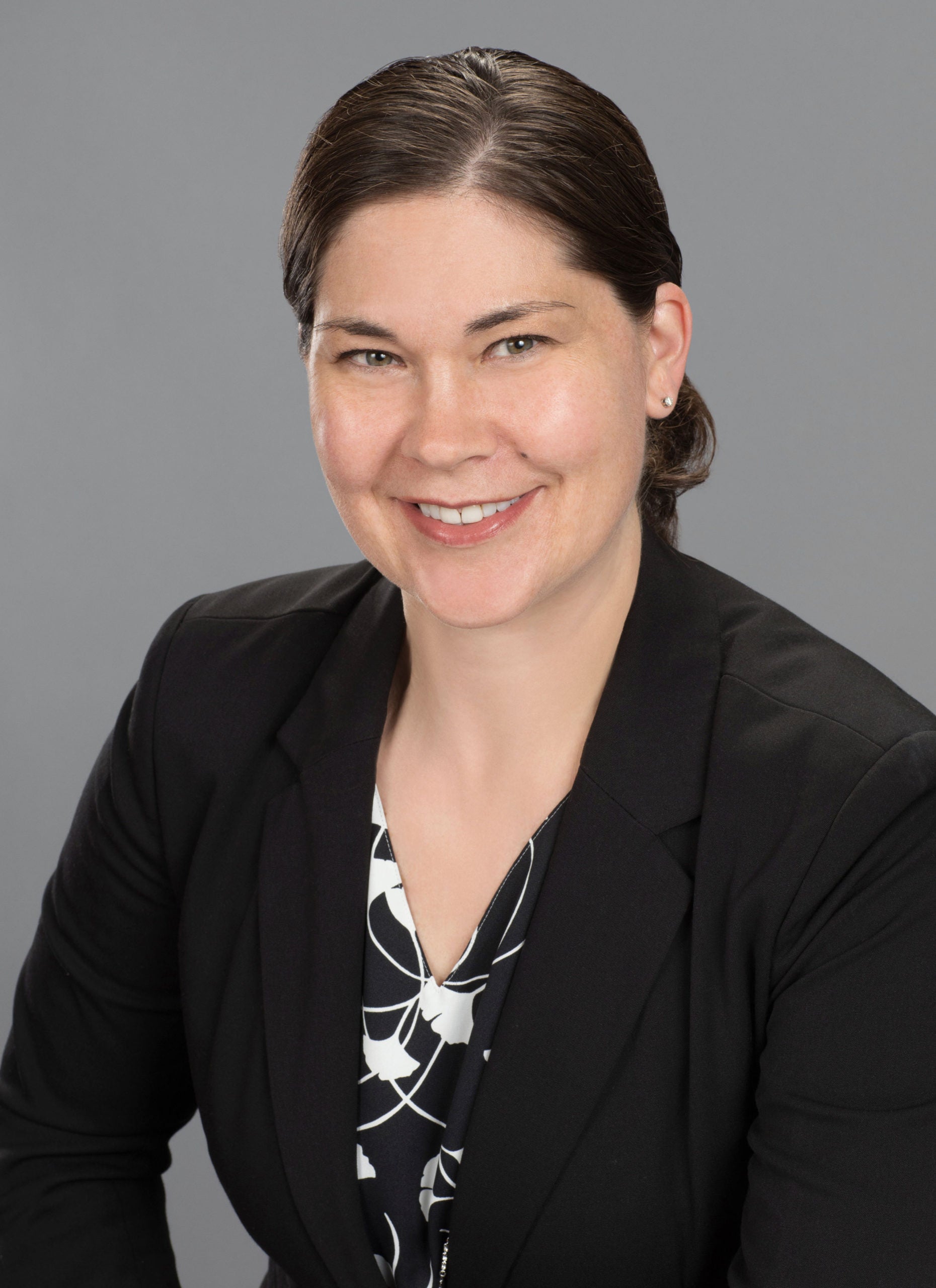
“I feel very fortunate to be meeting and working with so many people from various NGOs and movements. I did not expect this exposure when I started my independent clinical placement, but my supervisors have gone out of their way to ensure we are able to meet and learn from as many people possible in our short amount of time in The Hague. I have learned so much in only two short weeks about the work of grassroots organizations, larger NGOs and the importance of strategic and effective advocacy.” – Hannah Allen, LLM, Parliamentarians for Global Action, The Hague, Netherlands
Week 3
At the end of the three weeks, many students reflect on the impact working on their placement has had on their considerations for future careers. The opportunity to gain hands-on experience in a legal area of interest is not taken for granted by these students.
“When I was weighing whether to pursue an independent clinical with the ACLU Immigrants’ Rights Project (IRP) over J-Term, I was concerned that three weeks might be an insufficient amount of time to make a meaningful contribution, understand what it would be like to work for the organization, and refine my legal research and writing skills on immigration-related issues. Overall, my fears did not materialize. Throughout my time with IRP, I had the opportunity to advance the team’s work (even if in small ways), tackle a wide range of research questions on current and potential litigation, and gain insights into the organization’s culture.” – Rachel Landry, 2L, ACLU Immigrants’ Rights Project, New York City, NY
“Although participating in this internship remotely was certainly challenging in some respects, I was so grateful that members of CJA took time out of their days to speak to me about their work and to provide me with guidance and advice for the future. From my experiences in one on one meetings with members of CJA, and my exposure to the team through staff meetings, I got the sense that the organization’s culture is flexible and warm, but also highly rigorous. Based on this experience, I would be very interested in working with the team in the future as a fellow or staff lawyer.” – Madeleine Cavanagh, 2L, Center for Justice and Accountability, San Francisco, CA
“Today marks my last day at Rights Behind Bars. I loved my time here: I had a great experience meeting everyone in the office, and my knowledge on prisoner rights is significantly more substantial than it was at the beginning of January. I’m looking forward to beginning my clinical paper and delving deeper into some of the issues I found most interesting during my placement… I know I want to pursue a career in criminal defense, and RBB is yet another experience that has confirmed that desire. As I learned during my three weeks at RBB, there are an infinite number of prison issues that need to be discovered, challenged, and overturned, and I am excited to fight for incarcerated individuals as an attorney.” – Carlos Martinez, 2L, Rights Behind Bars, Washington D.C.
Filed in: Clinical Spotlight, Clinical Student Voices
Tags: Class of 2022, Class of 2023, Independent Clinical Program, Winter Independent Clinicals
Contact Office of Clinical and Pro Bono Programs
Website:
hls.harvard.edu/clinics
Email:
clinical@law.harvard.edu
